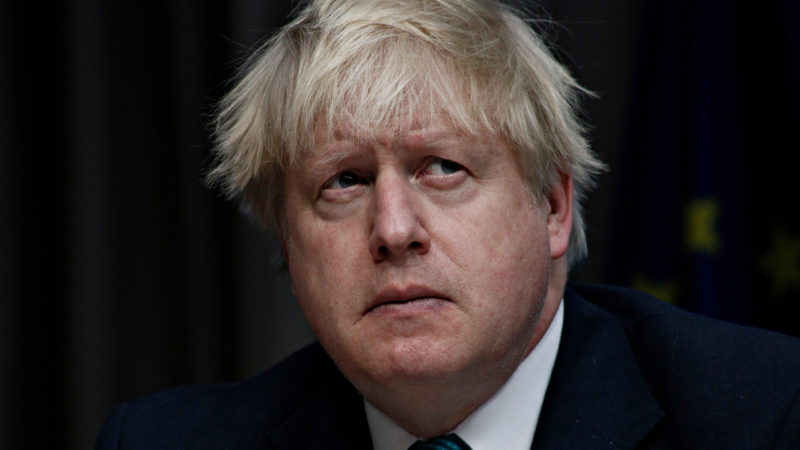
First, before we get on to the latest Brexit developments, the events that took place in the House of Commons yesterday must be covered. It was an extraordinary day. When Diane Abbott stood in for Jeremy Corbyn at Prime Minister’s Questions, she not only broke down barriers by becoming the first black person to represent their party at the weekly session but also made justice for women a key theme of every probe. It was criticised by some quarters as a ‘scattergun’ approach but in fact the line of questioning deftly exposed the misogyny underlying the policy choices in every area of government under the Tories. From abortion rights in Northern Ireland to women workers at Thomas Cook, the Shadow Home Secretary asked: “isn’t this government letting women down?”
Then, after Boris Johnson had described parliament as a “part of the British system that seems to be on the blink”, like a pebble in the shoe of a world-class athlete in his words, the Commons produced some of its finest moments ever. The domestic abuse bill debate followed PMQs and saw MPs – particularly women – deliver deeply moving speeches as well as display impressive detailed knowledge of the legislation and its flaws. One such speech was bravely offered by Rosie Duffield, who shared her personal experience of verbal and emotional abuse, which she had endured and come through since being elected as the Labour MP for Canterbury elected in 2017. The Speaker said immediately afterwards that it was “as horrifying and as moving a contribution in the Chamber as I have heard in my 22 years of membership of the House”. Read the full text and watch it here if you haven’t already.
And now for the Brexit news that has returned to us the Groundhog Day feeling that became so familiar during Theresa May’s era: Boris Johnson has unveiled a fresh proposal. By creating in effect two borders, the Prime Minister says his idea “removes the so-called backstop”. So far, the DUP and the hard Brexiteers in his own party seem agreeable. But Johnson’s border solution relies on remote checks and a reliance on new technology that has been deemed laughable in the past. We will know the views of key MEPs later this morning, but the current feeling in Brussels is that this offer is “not good enough” according to BBC reports.
Where does Labour stand on this new offer? Jeremy Corbyn described it as “worse than Theresa May’s deal”, so the leadership certainly isn’t on board, of course. The focus is now on Labour MPs who have said they are eager to vote for a deal and get this thing moving. It will likely be made difficult for members of the cross-party group ‘MPs For A Deal’ to justify not approving one when it is being put on the table. But their position has never been to accept any old deal. The new protocol on Ireland/Northern Ireland is most important for everyone except Labour MPs, for whom the political declaration (future relationship) is crucial. Stephen Kinnock has consistently advocated the proposals that would have been set out in the withdrawal agreement bill, i.e. as a result of cross-party talks under May earlier this year, and still does.
Of those Leave-seat Labour MPs who have already reacted, one sounds like a yes, two say if it is good enough for the EU it is good enough for them and another two need an improved ‘political declaration’ part of the deal. The deciding factors are therefore whether: a) Boris Johnson considers his first plan to be a “broad landing zone” or a ‘new deal/no deal’ ultimatum; b) the EU agrees that this is a reasonable basis for negotiations; c) Labour MPs believe they can secure concessions.
Sign up to LabourList’s morning email for everything Labour, every weekday morning.



More from LabourList
‘The hope that kills you’: Reflections from the final day in Gorton and Denton
MPs, union leaders and organisations react to ‘bruising’ Gorton and Denton result
A gory night for Labour